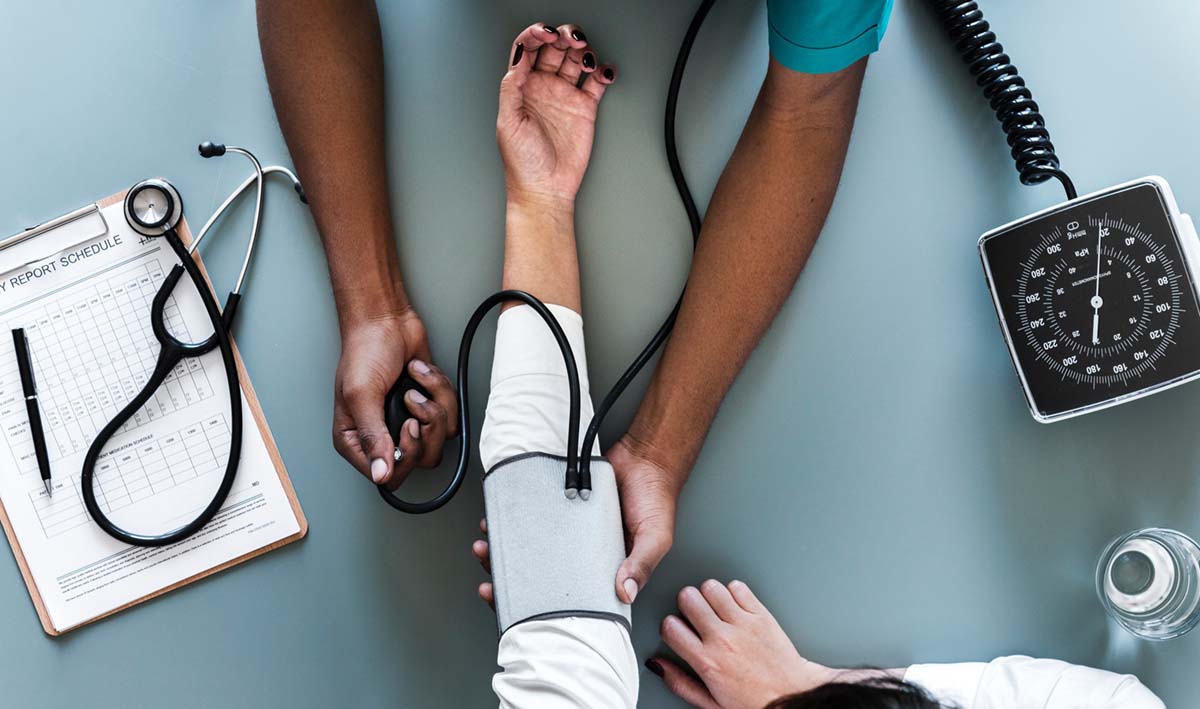
What is low blood pressure or hypotension?
Hypotension is the medical term for low blood pressure, or more precisely, for blood pressure in which the top number (called the systolic) is 90 mm Hg or less, and the bottom number (or diastolic) is 60 mm Hg or less. It is a fact that the majority of people who fall outside the healthy blood pressure range suffer from high blood pressure, which is why they do all they can in order to lower it, but low blood pressure can cause serious health problems, as well.
On the other side, even though in the majority of the cases it is not serious, sometimes low blood pressure can be the sign of some more or less serious health condition. Problems that people suffering from hypotension may feel are dizziness, lack of concentration, nausea, increased thirst, blurred vision, shallow breathing, and fatigue. Low blood pressure doesn't just cause people to feel physically weak, however, it can also be connected with mental health problems such as depression and a low mood.
If the symptoms of low blood pressure are felt rather frequently, or you have checked your blood pressure regularly and know it often drops below the healthy levels of 120/80, a doctor should be consulted, because sometimes it may be necessary to monitor the blood pressure for a particular period of time.
As for the causes of hypotension, first of all, sometimes blood pressure may vary without any particular reason. On the other side, stress, medications such as diuretics, beta blockers or antidepressants, or even the time of the day and the season (hot weather can induce hypotension) may affect the blood pressure by lowering it.
Regarding conditions that may influence low blood pressure, various problems with heart or endocrine system are among the most common ones, but low blood sugar level, diabetes, pregnancy, dehydration, internal bleeding, and some severe infections or allergic reactions may lower the blood pressure, too.
Low blood pressure in elderly and the main causes
Even though hypotension can occur regardless of age or sex, it is a fact that with age, people become more prone to this condition. For example, those who are older than 65 are much more prone to the drop of the blood pressure after standing up, which is called postural hypotension, or after eating.
Besides this, according to the results of numerous studies that have been conducted, it has been concluded that, when it comes to elderly people, there is a connection between low blood pressure and conditions such as angina and myocardial infraction. A connection has also been found between hypotension and people with an excessively low BMI (that is, underweight people — and this is more likely to strike elderly people), or those who use hypertension drugs, sometimes in doses that are too high for them. Also, in elderly people, diseases among which is also Parkinson’s disease, make people more prone to the development of low blood pressure.
The treatment of low blood pressure consists of increased use of salt and drinking more water, though in some cases, prescription medications are recommended, too. It all depends on the cause and the symptoms, and the doctor is the one who will suggest the best possible solution to this problem.


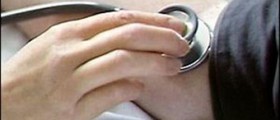


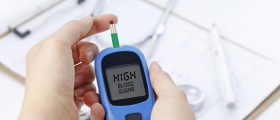


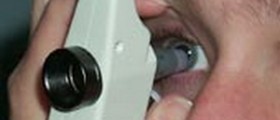
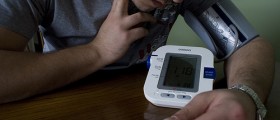
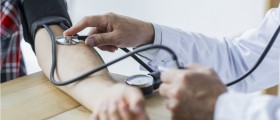
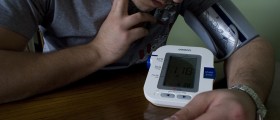
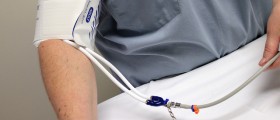


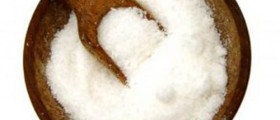

Your thoughts on this
Loading...